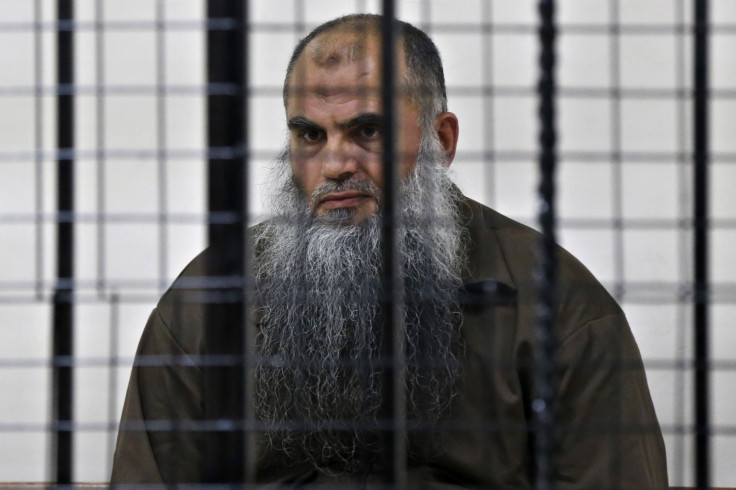Tunisia attack: UK links to Seifeddine Rezgui terror group Ansar al-Sharia emerge

As police investigate the path to radicalisation of Tunisia gunman Seifeddine Rezgui, who killed 39 tourists in beach resort Sousse, connections to a jihadist group formed by a radical who used London as base to recruit fighters and form jihadist cells is emerging.
Rezgui is believed to have had links with Ajnad al-Khalifa, a jihadist group which in the weeks before the shooting warned that it was planning an attack greater than that on Tunis' Bardo Museum in March in which 22 people, mostly foreign tourists, were killed.
The group emerged from Ansar al-Sharia, led by Saifallah Ben Hassine, aka Abu Iyad al Tunisi, who in London came under the mentorship of radical Abu Qatada. In his three years in the UK leading up to 9/11, Ben Hassine formed the Tunisian Combatant Group terror cell, and after being released from jail in Turkey in 2011, established the Tunisian wing of Ansar al-Sharia.

According to court documents relating to a supervision order for a UK jihadist suspect, Ben Hassine's London cell planned to recruit fighters for training in Afghanistan, and is believed to have planned attacks in Europe. "Abu Qatada appears as a watermark running through the whole of this case as being the mastermind," it states.
Foreign security services and officials dubbed the UK's capital Londonistan in the 1990s, and criticised the UK policy of offering political asylum to Islamic extremists.

Isis claimed responsibility for the Sousse attack, and released a picture of Rezgui under his jihadist nom de guerre Abu Yahya al-Qayrawani, a reference to the town of Kairouan, where Rezgui was studying aviation. The town was also the centre of operations for Ansar al-Sharia in Tunisia until it was outlawed by the Tunisian government in the wake of the Bardo attack.
Ansar al-Sharia is one of the chief jihadist factions fighting across the border from Tunisia in the Libyan civil war, and is alleged to be behind the attack on the US consulate in Libya in 2013, in which ambassador Chris Stevens was killed. The group's loyalties are believed to be split between Isis and al Qaeda.
Tunisian investigators said yesterday (June 30) that Rezgui trained with the Bardo attackers at a camp in Libya run by Ansar al-Sharia, and the leader of Kairouan's great mosque said that it is the group is most likely to be behind Rezgui's radicalisation.
Qatada was deported to Jordan in 2013 following a lengthy extradition battle, and continues to praise Ben Hassine, describing him as "the closest of people to me," in a recent letter, and saying that Ben Hassine was determined not to allow all of Tunisia's recruits to be sent to fight in the Syrian civil war.
© Copyright IBTimes 2024. All rights reserved.






















